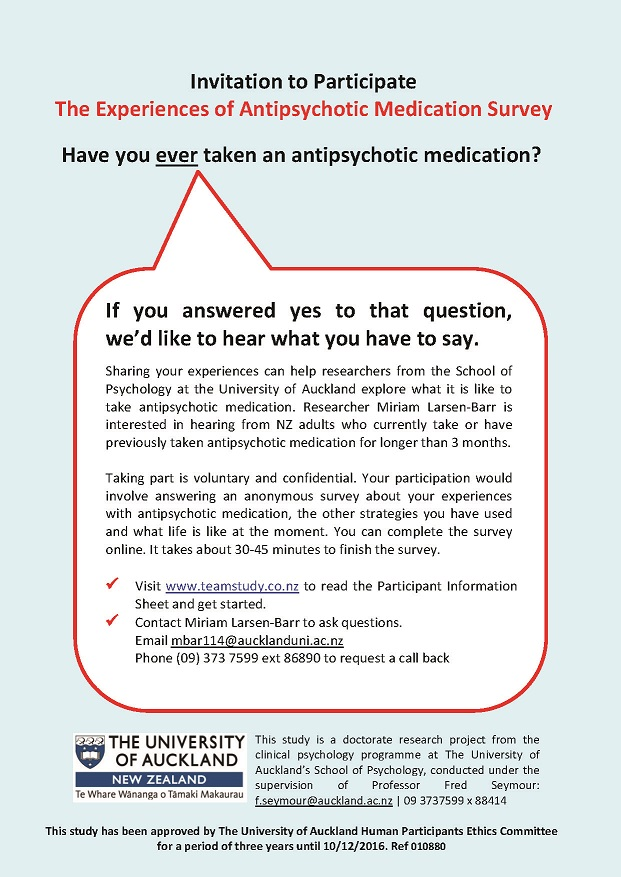The following is a press release from Hone Harawira, MANA Leader and MP for Te Tai Tokerau
Wednesday 12 March 2014
“Kids have a knack of saying things plain and simple” said Hone Harawira, MANA Leader and Tai Tokerau MP, following the lunch he hosted at Parliament today for 50 students from Naenae College who help run the school’s KickStart breakfast club.
“When asked why they support MANA’s Feed the Kids Bill they said they hate seeing kids having to scab food off other kids, and they’re embarrassed to have to hide their own lunches from their class mates.”
“And then they asked “Why can’t John Key make a smart decision and just Feed the Kids?”
“I was glad I was able to personally acknowledge the Naenae College seniors for fronting their breakfast club” said Harawira, “but the school’s guidance counsellor tells me it’s a real struggle organising volunteers, raising funds, and getting businesses to sponsor the extra kai.”
In question time today, which the College students observed, Mr Harawira pointed out that the government-assisted KickStart and KidsCan programmes feed about 20,000 students a day “which means that 80,000 are still going hungry … every day.”
“Even the kids are telling us that more needs to be done” said Harawira, “but government just point-blank refuses to step in.”
“In fact, Bill English thinks that hungry kids can learn just fine!”
“Honestly, it’s bloody frustrating when those who lead the country can be so dumb.”
MANA’s Feed the Kids Bill, which aims to introduce government-funded breakfast and lunch programmes for all students in decile 1-2 schools, is expected to be up for first reading in the coming months.
For further information from MANA, please contact Jevan Goulter, (022) 088-5646.








